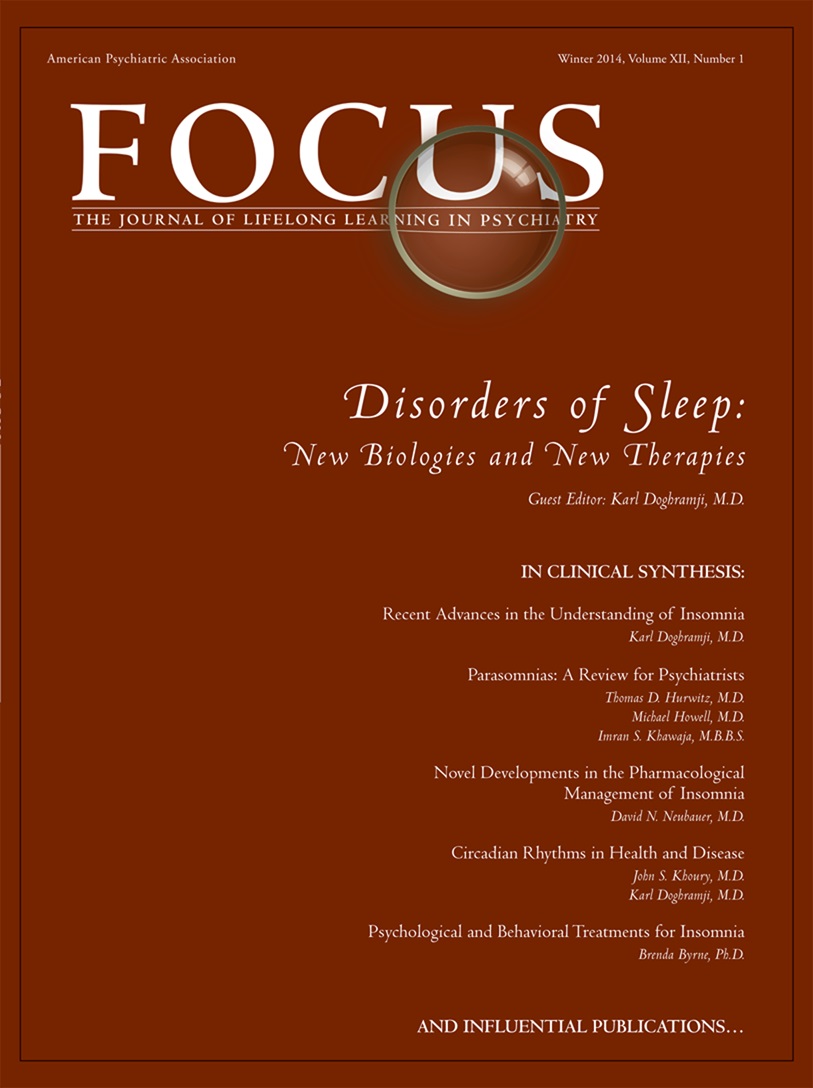Circadian Rhythms in Health and Disease
Abstract
Circadian rhythms refer to the regulation of physiology in a 24-hour cycle and are involved in our sleep-wake cycle, core body temperature, hormone secretion, hunger, mood, and more. Circadian rhythm disorders arise from a misalignment of the timing of our circadian rhythms regulated by the suprachiastmatic nucleus (SCN) and the normal sleep-wake times required to meet the demands of our daily routines. The biological markers of circadian rhythm are melatonin levels and core body temperature, although diagnosing circadian rhythm disorders is done mainly by clinical history, sleep logs, and actigraphy. Delayed sleep phase syndrome, non-24-hour sleep wake disorder, advanced sleep phase syndrome, shift work sleep disorder, and jet lag are the circadian rhythms disorders discussed in this review. Treatments for these including melatonin, light therapy, chronotherapy, and pharmacotherapy are reviewed for each. Additional studies are needed to better determine the optimal timing and dosing for melatonin for circadian rhythm disorders and for insomnia.



